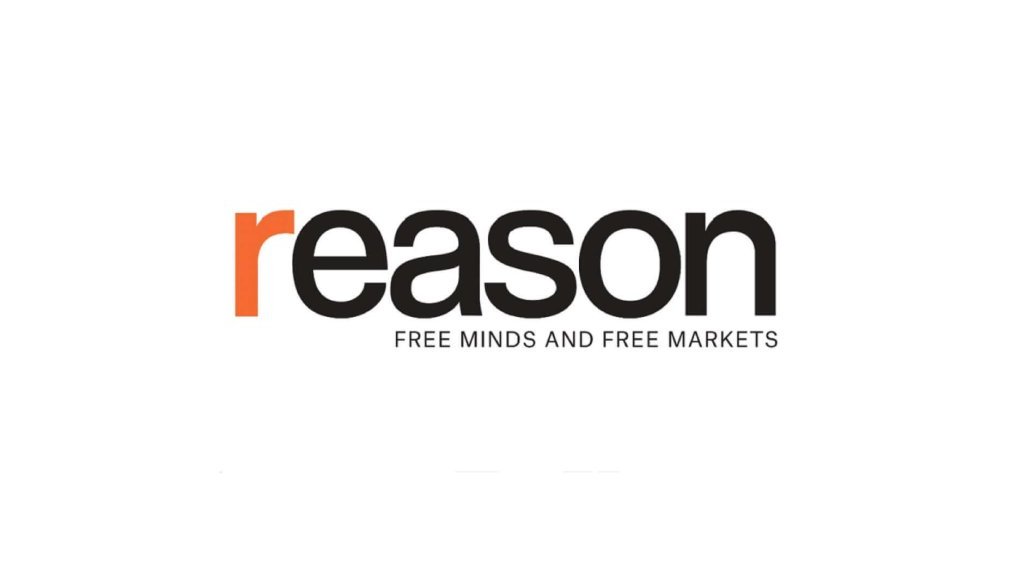The Hidden Costs of Capping Credit Card Interest Rates
Interest rates on credit cards have been unusually high for a while and have become an occasional target of politicians. In 2020, during Kamala Harris’ first presidential campaign, she proposed forbidding credit card companies from charging interest altogether during the pandemic. In September this year, during a campaign rally in New York, Donald Trump proposed capping credit card interest rates at 10 percent. Others from Josh Hawley to Bernie Sanders have also taken up the cause.
Lost in these proposals are millions of Americans who may lose their credit card overnight—not because they mismanaged their finances, but because a new policy made it unprofitable for lenders to offer credit. Many borrowers, even those with good credit scores, could see their accounts terminated under an interest rate cap, leaving them scrambling for alternatives in a society that often requires a credit card to function.
The current average credit card interest rate is 21 percent, but it didn’t get there overnight. In 2008, the average rate was 14 percent, at a time when the savings rate was much lower and consumers were overextended. In 2009, a Democratic supermajority in Congress passed the CARD Act, bringing a bevy of new regulations for credit card companies, such as requiring advance notice of any rate increases and limitations on fees for late payments.
Interest rates began rising immediately following the passage of the CARD Act and continued to rise as the risk-free rate—the Federal Reserve’s overnight lending rate, currently about 4.75 percent—fell to 0 percent throughout most of the 2010s. Objectively, credit card interest rates are high today, but they are arguably high as a direct result of legislation passed at the end of the 2000s. Capping credit card interest rates is simply an intervention to correct the results of previous interventions.
There is a reas
Article from Reason.com

The Reason Magazine website is a go-to destination for libertarians seeking cogent analysis, investigative reporting, and thought-provoking commentary. Championing the principles of individual freedom, limited government, and free markets, the site offers a diverse range of articles, videos, and podcasts that challenge conventional wisdom and advocate for libertarian solutions. Whether you’re interested in politics, culture, or technology, Reason provides a unique lens that prioritizes liberty and rational discourse. It’s an essential resource for those who value critical thinking and nuanced debate in the pursuit of a freer society.



